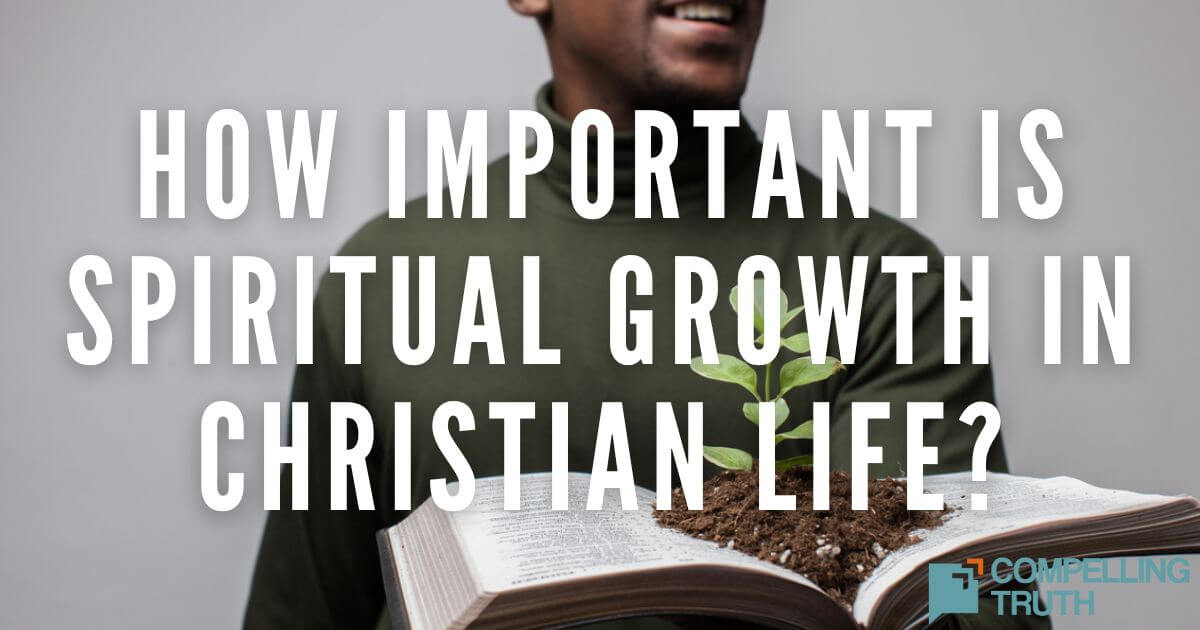The Bible teaches that pruning is a metaphor for how God lovingly shapes and disciplines His people to help them grow in holiness and bear spiritual fruit. God is compared to a careful gardener or refiner who removes what hinders growth to cultivate righteousness. John 15 clearly shows that God prunes even fruitful believers to make them more fruitful, while other passages explain that trials and discipline are key parts of this refining process. Though pruning may be painful, it is always rooted in love and aimed at producing maturity, endurance, and hope. We can trust that when God prunes our lives—removing harmful habits, relationships, or comforts—it is to prepare us for deeper joy and greater effectiveness in Him.
God’s pruning in our lives is not harsh or careless. It is the tender work of a loving Father who refuses to let us settle for fruitlessness. Just like a gardener cuts back overgrowth to help a plant thrive, God trims away our pride, distractions, and sinful habits so that our lives can bear lasting fruit. When He removes a toxic relationship, delays a dream, or allows a trial to humble us, it may sting in the moment, but it is always rooted in His deep care for our growth. Instead of seeing loss or hardship as rejection, we can trust that it is God clearing space for something better: stronger faith, deeper character, and greater purpose. When we surrender to His pruning, we make room for joy that isn’t wasted on empty branches but blossoms in full through His love.
God's pruning is purposeful and loving, aimed specifically at producing spiritual growth, maturity, and fruitfulness in our lives. In contrast, the difficulties of living in a fallen world—such as sickness, injustice, or loss—may not have a clear spiritual purpose on their own. However, when we trust God, He can use even those hardships as part of His pruning work to shape us into the likeness of Christ.




